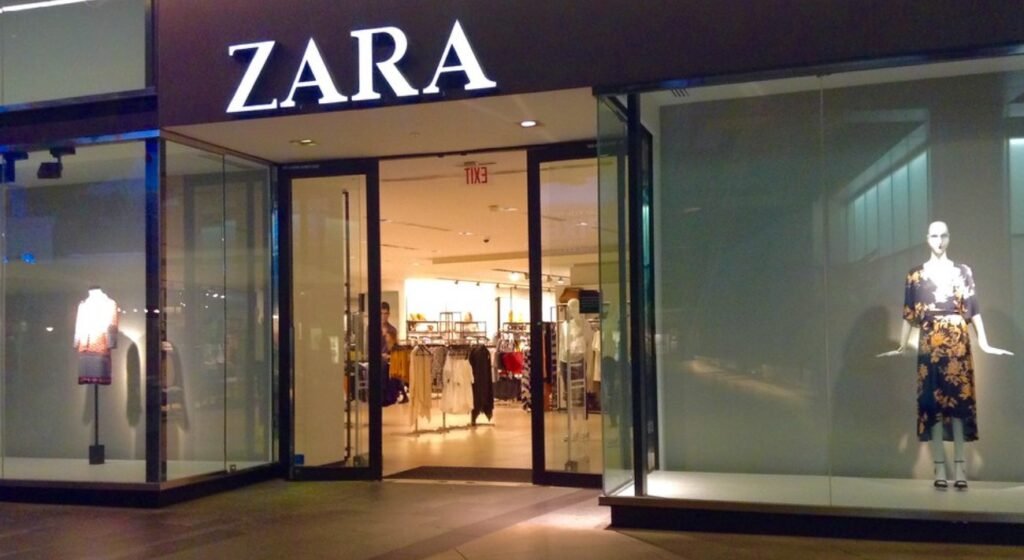Fast fashion is a highly competitive and dynamic industry, where retailers have to constantly adapt to changing customer demands and market conditions. Among the leading players in this sector, Zara’s parent company Inditex stands out for its ability to stay ahead of the game, even amid the challenges posed by the Covid-19 pandemic and supply chain disruptions.
Inditex reported strong sales and profits for the first nine months of 2023, exceeding pre-pandemic levels, partly thanks to its flexible and responsive business model, which allows it to adjust its production and distribution quickly according to the latest fashion trends and customer feedback. Unlike some of its rivals, such as H&M, Inditex has also been able to pass on the rising costs of energy, labor, and shipping to its customers, without hurting its sales volume or brand image.

Inditex has also invested in digital transformation, sustainability, and store optimization, enhancing its online presence and customer experience, while reducing its environmental impact and store footprint. Inditex has launched initiatives such as Zara Pre-Owned, a fashion resale platform in the U.K., and given its employees in Spain a 20% pay increase, demonstrating its commitment to social and environmental responsibility.
Inditex’s success is reflected in its share price, which has outperformed H&M and other fast fashion competitors. Analysts predict that 2023 will be a more challenging year for Inditex, due to increased competition from online players such as SHEIN, and uncertain market conditions due to the pandemic. However, Inditex’s proven track record and unique market position suggest that it will continue to lead the fast fashion industry in the future.
